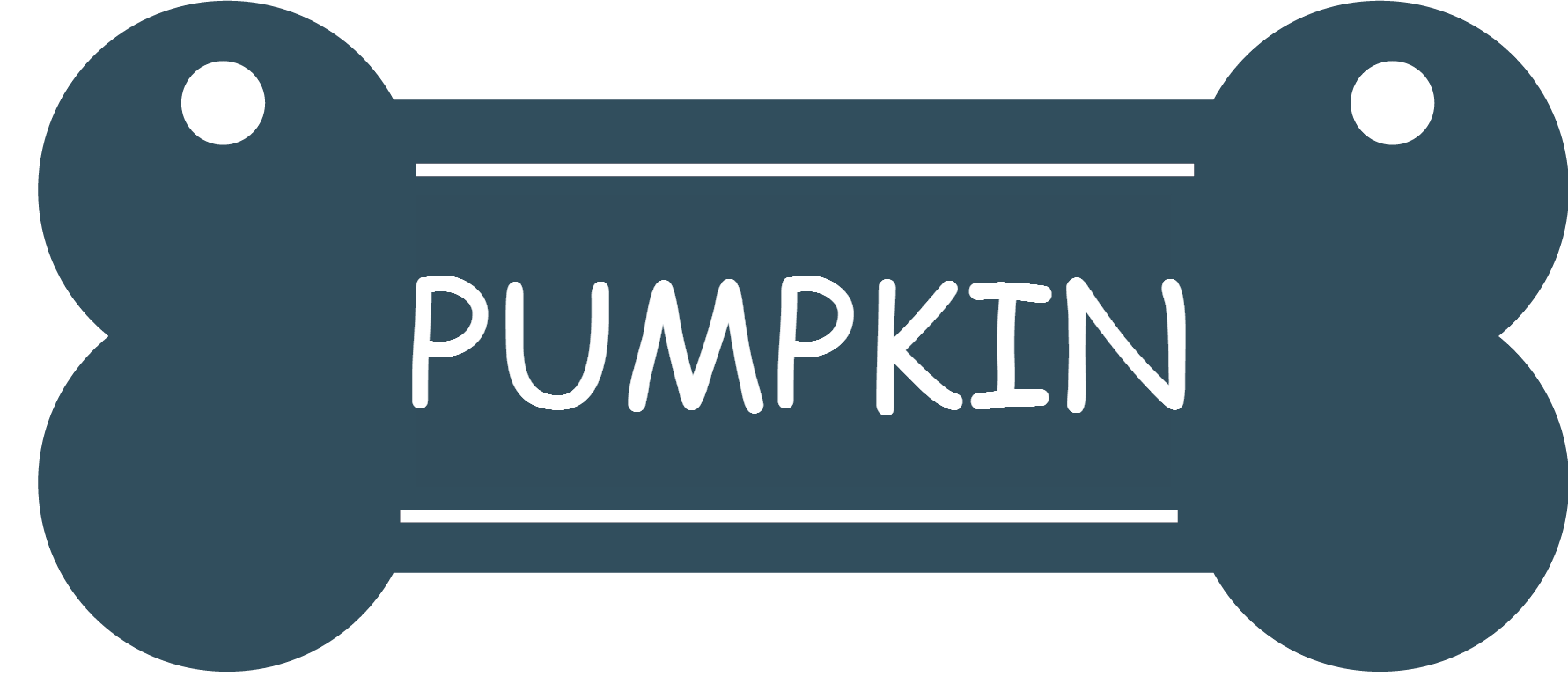Facts About Kidney Disease in Dogs
The kidneys, the frequently forgotten but life-sustaining organs, remove waste from the bloodstream and regulate fluids in the body. If the kidneys are not able to do their job, the result could be life threatening for your dog.
What is kidney disease?
Kidneys are very important because they remove waste substances from the blood, and maintain the normal balance of fluid and minerals within the body. Any condition which damages the kidneys is referred to as kidney or renal disease. In some cases, dogs may show early warning signs of kidney disease. However, signs of serious illness only appear after 75% of the kidneys’ function has already been lost. This is the reason why early detection is so important, especially for dogs age 7 or older. A simple blood test and urinalysis are all that is required to detect kidney disease.
What causes kidney disease in dogs?
The kidneys can be damaged by a wide range of conditions including injury, infection, toxins, and cancer. This damage is usually irreversible. Kidney disease is common in dogs, but with early diagnosis and treatment, progression can be limited and many dogs go on to live happily for years after diagnosis. Factors that can make dogs more prone to kidney disease include the following:
Age: The chance of developing kidney problems in dogs increases after the age of 7.
Food: Some dog foods high in phosphorus and dog foods with increased levels of protein can increase the progression of kidney disease.
Breed: Some dog breeds, including English Cocker spaniels, bull terriers and German shepherds, are more likely to develop particular types of kidney disease. Learn more about a very special German shepherd named Buddy that was diagnosed with kidney failure.
Environment: Some chemicals, including certain disinfectants, antifreeze, lead paint and some human medications can damage the kidneys.
Does my dog have kidney disease?
The signs of kidney disease can be difficult to recognize but if you notice any of the following, it could mean your dog has a kidney problem. Please check with your veterinarian if you are seeing any of these signs.
- Increased thirst and urine production
- Decreased appetite
- Weight loss
- Bad breath
- Vomiting and diarrhea
- Sore mouth
- Weakness
- Lack of energy and increased sleeping
- Poor coat appearance
- Depression
 If your dog is diagnosed with kidney disease, your veterinarian may describe it as either acute or chronic.
If your dog is diagnosed with kidney disease, your veterinarian may describe it as either acute or chronic.
Acute Kidney Disease: Acute, or sudden, kidney disorders can be caused by:
- Blood loss
- Shock
- Surgical stress
- Trauma
- Severe dehydration
- Poisons
- Drugs
- Obstructed urine flow
- Infection
Chronic Kidney Disease: Chronic, or long-term, kidney disease can result from the above factors, plus: Breed and hereditary tendencies, in coordination with nutritional factors and immune system defects. Chronic kidney disease is progressive and irreversible.
Unfortunately, the signs of kidney disease usually do not appear until 75% of kidney function has been lost. Once chronic kidney failure develops, it cannot be reversed.
IMPORTANT: Early stages of kidney disease will show no signs or symptoms. An increase in thirst may be the first sign of kidney failure — if you notice this, or any of the above signs, consult your veterinarian immediately.
Treatment: The importance of nutrition
The food your dog eats plays an important role in his overall health and well-being. If your dog is diagnosed with kidney or renal disease, modifying his food can help manage the disease by reducing the amounts of protein, phosphorus and salt in his food. Phosphorus restriction seems especially important in lessening the severity of the clinical signs and progression of kidney damage. Reducing protein levels may also help restore normal acid-base levels. Balanced nutrition is an essential part of an active, healthy lifestyle. If your dog has kidney problems, the right nutrition can positively impact your dog’s quality of life. For accurate diagnosis and treatment options, always consult your veterinarian and ask them to recommend the best food for your dog’s kidney health.
Ask Your Veterinarian About Kidney Disease:
- Are there any foods I should avoid giving my dog because of his condition?
- Ask how human food may affect your dog’s health.
- Would you recommend a Hill’s® Prescription Diet® dog food for my dog’s kidney health?
- Ask about special nutritional concerns for your dog
- How much / how often you should feed the recommended food to your dog
- Discuss which treats you can feed your dog with the recommended food
- How quickly should I expect to see signs of improvement in my dog’s condition?
- Can you provide me with written instructions or a booklet on kidney disease for my dog?
- What is the best way (email/phone) to reach you or your hospital if I have questions?
- Ask if you need a follow-up appointment.
- Ask if a reminder
